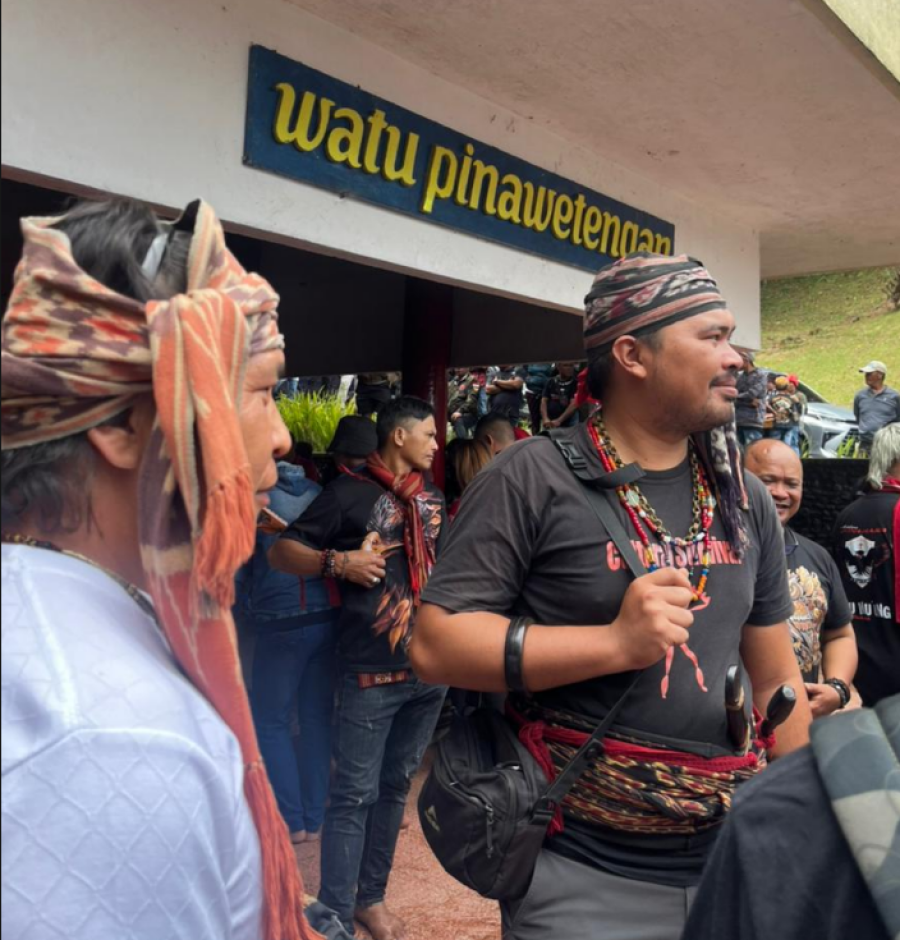The Global Costs of Mining
Newmont Cleared in Indonesia
By Richard Martin, 4-24-07
A judge in Indonesia today cleared Denver-based Newmont Mining Corp. and its local chief, Richard Ness, of polluting a bay by dumping dangerous levels of toxic mine tailings into the ocean. The case has drawn international attention as an examination of the global mining industry, with Newmont as its most profitable company, and a test of environmental law in the mineral-rich Southeast Asian Island nation.
Boulder-based environmental organization Global Response has helped lead the battle with Newmont Minahasa Raya (Newmont’s local subsidiary) over conditions on the island of Sulawesi, where according to Global Response, “the NMR gold mine dumped more than 4 million tons of highly toxic mine wastes into Buyat Bay—a staggering 2000 tons a day.”
The acquittal comes as Newmont holds its annual shareholders’ meeting today (in corporate-friendly Wilmington, Delaware rather than in Denver). Two shareholder groups will introduce resolutions today calling on Newmont to review and improve its policies on waste disposal and relations with local communities where it operates.
“It’s time for Newmont to take a serious look at how it conducts its business,” said Keith Slack, senior policy advisor for international relief organization Oxfam America, in a written statement on the resolutions.
If convicted, Ness faced a 10-year prison term. The prosecution’s case was dogged by conflicting test reports on levels of mercury and arsenic levels in the bay. “It was good to hear what we knew always,” Ness told reporters after the nearly two-year trial, “that Buyat Bay wasn’t polluted.?”
“For years the people of Buyat Bay have lived in fear for their health and the health of unborn children who could be affected by toxic mine wastes,” asserts Paula Palmer, head of Global Response. “Their fears will not be allayed by this ruling. The case shows that mining companies must be required to collect baseline data on environmental and health indicators before they start operations, and then monitor these indicators in a completely transparent way. That’s the only way the public can be adequately informed and protected.”



